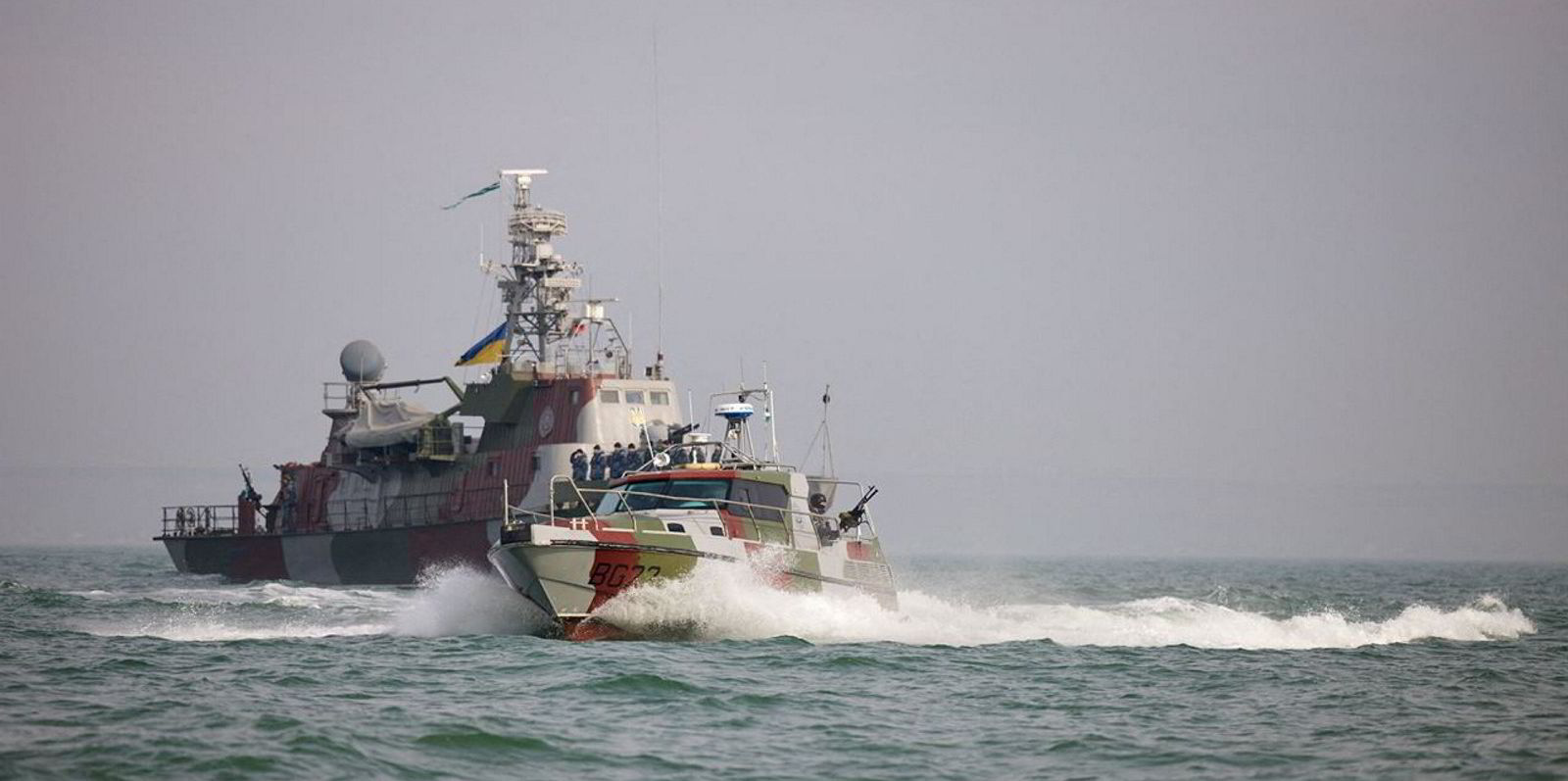Tanker owners are enjoying healthy freight rate premiums from Russian business as the invasion of Ukraine continues.
But UK shipbroker Gibson said aframax and handysize vessels will be hit hardest if western sanctions against Russia begin to bite.
“The overall impact on the global economy and oil demand will become more apparent over the coming weeks, if not months,” the London shop said in its weekly report.
“Higher prices will threaten to slow the recovery in oil demand, whilst it is uncertain what impact reduced mobility/trade might have on demand levels,” the company added.
Those owners willing to trade Russian cargoes are likely to continue to enjoy premiums, the shipbroker argues.
But the company also said it is unclear how long these trades will remain sanction-free.
“Russian trade remains under threat and much here depends on how the conflict evolves over the coming days. If sanctions bite, then aframax and handy tankers will be the biggest losers,” Gibson warned.
However, increased longer haul imports into Europe will support tonne-mile demand, the broker believes.
US shipbroker Poten & Partners said in its weekly report that many tanker owners facing a fluid and uncertain situation are reluctant to charter vessels to buyers of Russian crude.
“Partly as a result, tanker rates have spiked on various export routes from the Baltic and the Black Sea, although very few transactions are done,” the company said.
Areas avoided
Two bulkers and a bunker tanker have been hit by shells in the Black Sea since the conflict began.
“Until hostilities are reduced, many shipowners will likely avoid this area, through which Russia exported on average 1.7m barrels per day of crude oil 2021,” Poten said.
“On the other hand, high enough tanker rates and discounted prices for Russian crude will create a powerful motivation for some brave charterer and owner to take a chance and pick up a cargo,” the US shop added.
Clarksons Research managing director Stephen Gordon said that while the specific extent of new sanctions will become clearer, he estimates the Russian-owned fleet totals 3,000 ships of 18.1m gt, representing 1.2% of global tonnage.
Over half of the tonnage is made up of oil and gas carriers.
Gordon predicts potential market impacts including trends towards longer-haul oil trade to replace Russian volumes; shorter-haul LNG trade as cargoes are diverted to Europe from Asia; longer-haul grain trade; and local container impacts.
Bunkering costs are now at record highs of $730 per tonne for very low sulphur fuel oil in Rotterdam.
Gordon argues this could increase freight rates generally, besides supporting earnings premiums for eco and scrubber-fitted ships.




